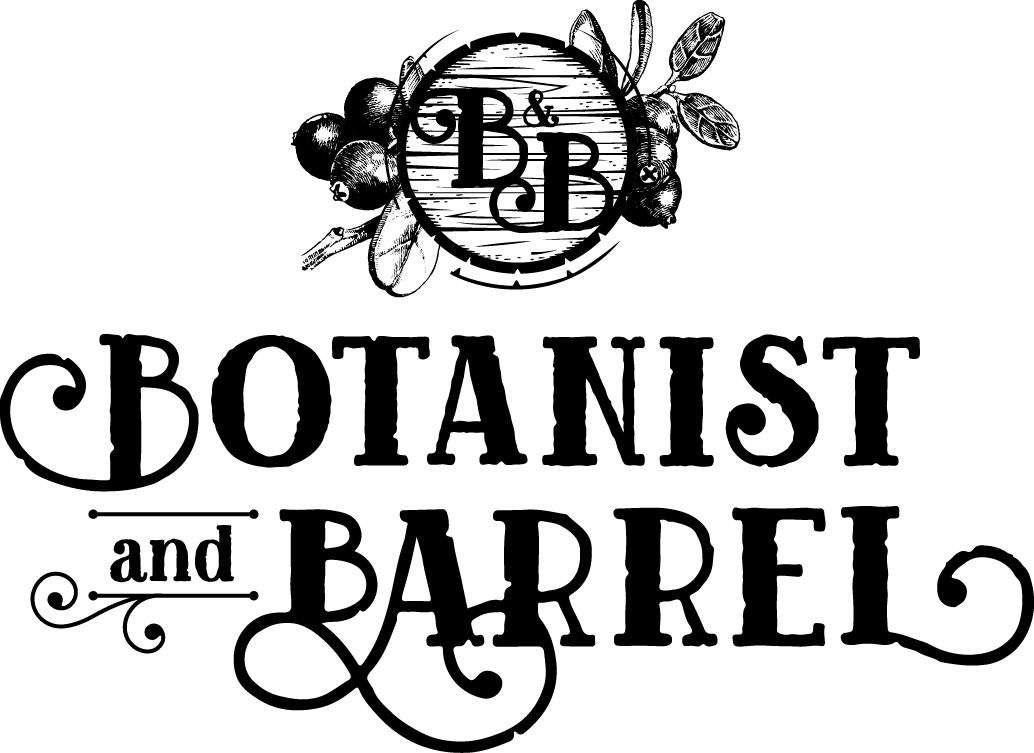Who's Your Farmer?
Who’s your farmer?
We have a once in a lifetime opportunity to reconnect to our local food supply. Sometimes it takes a crisis to expose the cracks in a system and unfortunately that crisis is here. It's one of those rare moments when our eyes are opened to a new reality and we can see through a new lens. We have a real chance here to bond as a local community, to support one another, to eat, to drink, to listen and learn from one another. It's hard to find positives in the pandemic, but this is one outcome that could change us for the better.
As a society, we currently only purchase 2.5% of our produce from local growers(1). We don’t need to fly, float or truck food from thousands of miles away when we have amazing farmers growing fresh produce right here locally. Too much of our focus is on quantity of consumption and not the quality of our consumption. This can lead to price being the only factor we consider when purchasing food. We need to consider all costs, both indirect and direct.
If we aren’t careful, we will also see a huge consolidation of wealth as a result. If small businesses fail, big businesses will fill the void and an even more homogeneous America will result. The very businesses that make each community unique will be gone.
The question we are hearing a lot is; "How do I support local small businesses?”; but it’s so much bigger than that. The real question is about how we keep our community identities and alive. How do we build and sustain a diverse community? How do we convince people who stock up groceries at Costco’s, Sam’s Clubs and big box stores, to instead stock up on fresh local goods that will keep them healthy and their communities alive and vibrant?
This pandemic may force sustainable agricultural diversity to happen out of necessity. Going to big stores with lots of people is not as safe as supporting an open air market with fresh air and sunlight. The produce is fresher and is often grown more responsibly.
On a separate but related note, we also need to ask ourselves what contributed to this virus being transferred to the human population. One hypothesis is that it came from big agribusiness animal farms. This isn't a proven fact, but SARs and MERs likely came from large scale animal farms.
So what can we do?
YOU CAN vote with your dollars and support sustainable local farms that are raising animals responsibly. Our food supply system is in trouble. We invite you to take this opportunity to join us and shop local, eat local, drink local, and enjoy fresher more nutritious foods.
Use social media to safely connect with your neighbors and join local groups like, Triangle Online Farmers Market or the Asheville Online Farmers' Market to learn about what's going on in your community.
References:
